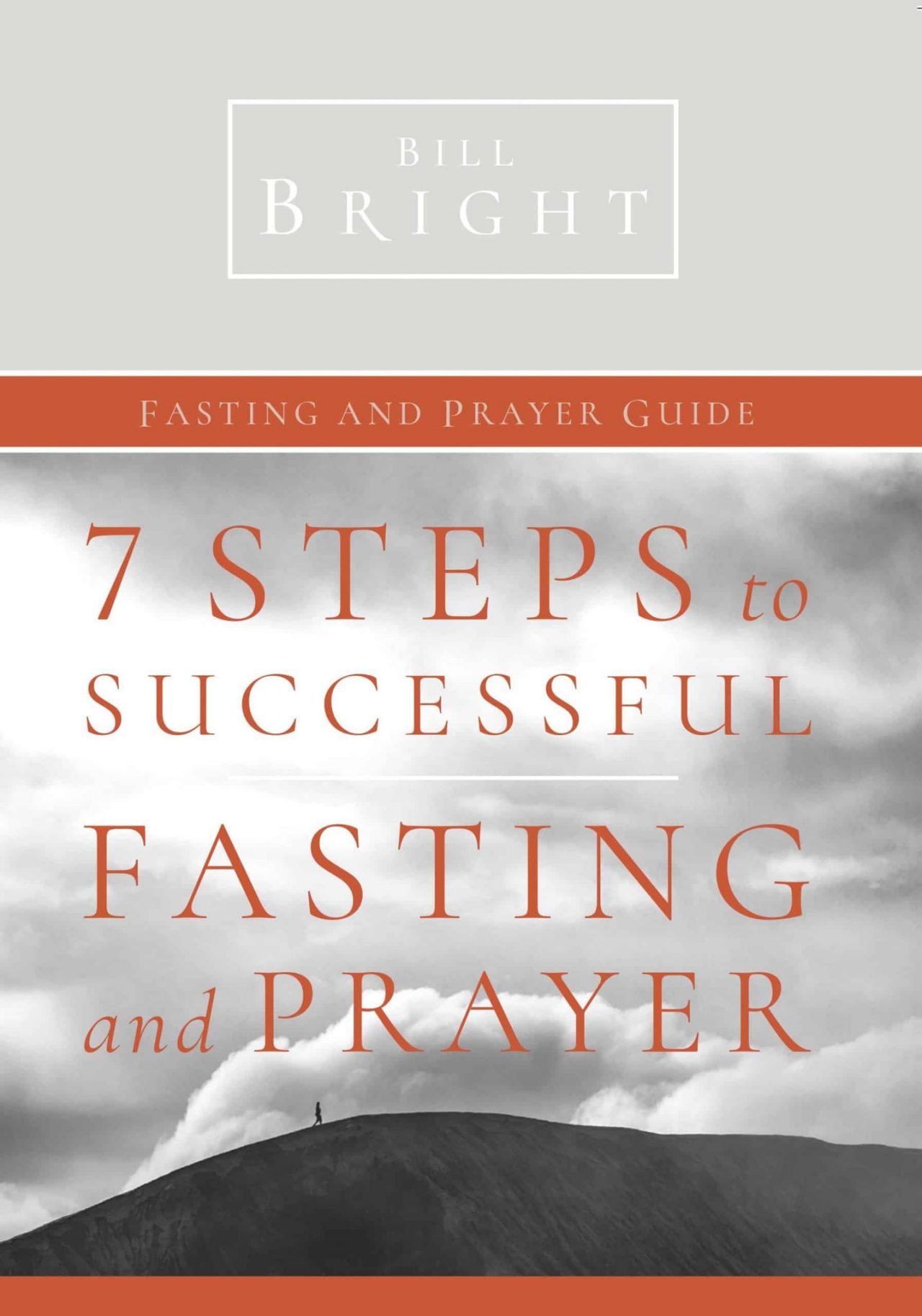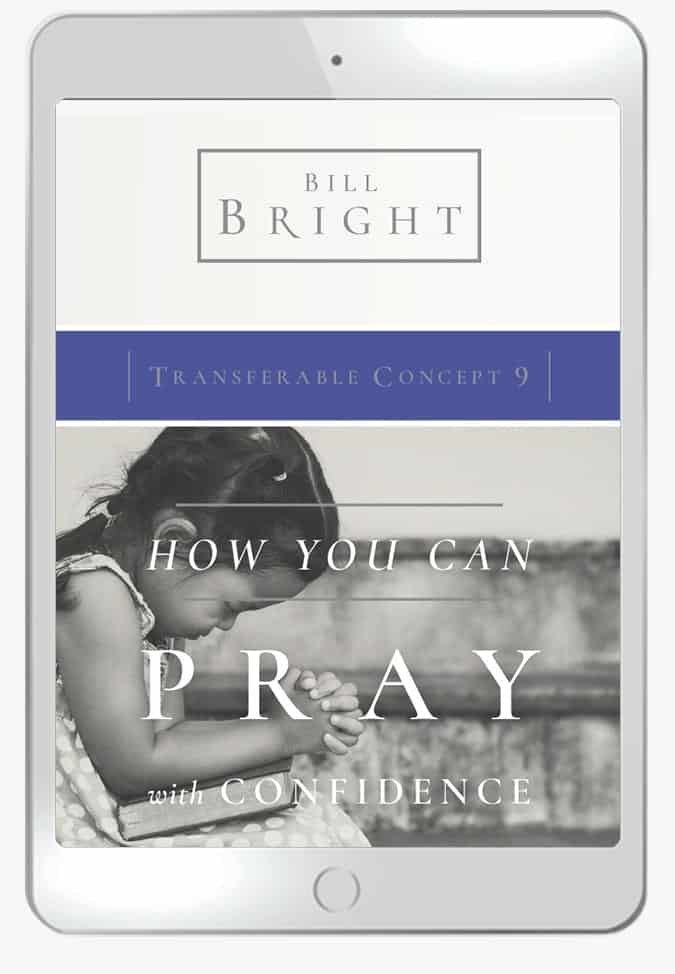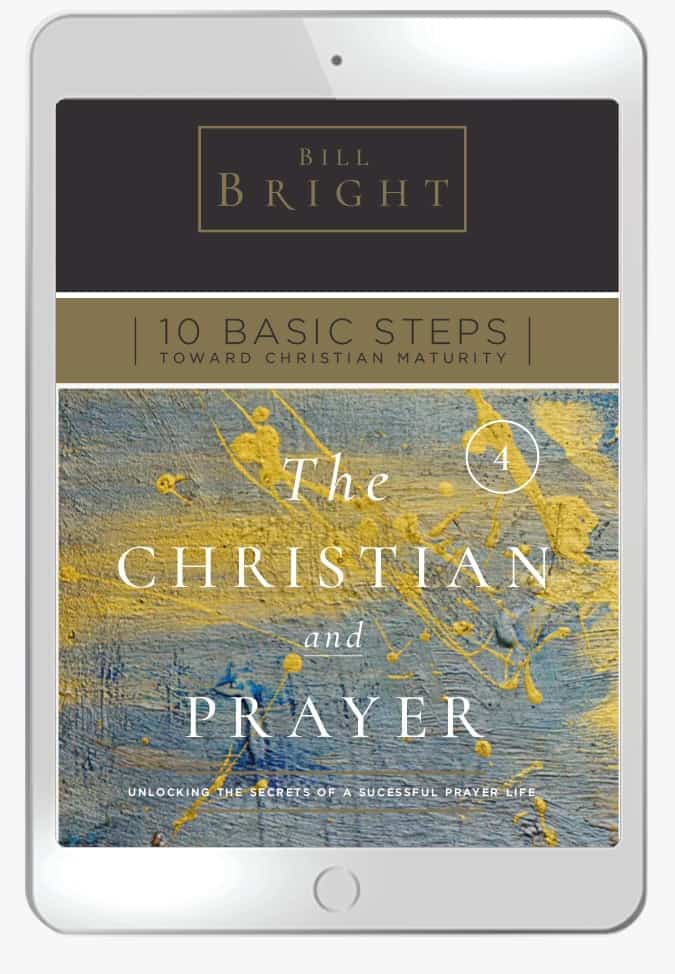How to Pray: A Step-by-Step Introduction

photo by Mick Haupt
Prayer is communicating with God. That can mean thanking Him, praising Him, confessing something you’ve done wrong or expressing a need you have. It can mean talking to Him as you would to a friend.
Learning how to pray is really about developing a relationship with God. Relationships are built on moments of connection and communication. But how do you do that with the God of the universe?
Prayer is a supernatural activity. It’s talking with a God who is unlike anyone else. He has a personality and qualities you can understand and relate to, but you cannot expect to relate to God in exactly the way you might to a close friend or family member. He’s so much bigger and more incredible than that.
Even if talking honestly with other people comes naturally to you, it’s understandable if talking with God feels like a steep learning curve. In fact, the disciples — Jesus’ closest followers — only asked Jesus a few questions about how to do something, one of which was "teach us how to pray."
If you already know what you’re looking for, use the links to go straight to those sections:What Is Prayer?
People often say that prayer is just talking to God as you would to anyone else. It’s true that a relationship with God contains many of the same ingredients as other relationships. But there is at least one unique factor: you can’t rely on the senses of sight, sound or touch to connect with God.
But prayer is more about talking with God than talking to Him.
Why Should You Pray?
First, to be a Christian is to believe God invited you into a personal relationship with Him and to accept that invitation.
Saying that you can experience being a Christian in the way God intended without learning to pray is like saying you can be happily married or have a deep friendship without regular communication.
But maybe the question is not why should Christians pray, but why should they want to?
Here are four great reasons to pray as a Christian:
-
You want to tell God how much you love Him and why.
-
You need to say “I’m sorry” for specific actions or attitudes.
-
You want to thank God.
-
You want to bring a concern to God and invite Him to help.
To explore this more, read “Reasons Why We Pray.”
How Do You Pray?
First, know that there is no secret formula to pray. God simply delights in us coming to Him in honesty.
You can start by addressing God directly in a way that acknowledges His uniqueness.
People will say things such as, “Father God,” “Heavenly Father” or “Almighty God.” How you choose to address Him will remind you of who you are talking to and what He represents in your life.
When and where do I pray?
Anytime and anywhere can work, but it’s helpful to find a distraction-free time and place if possible. God deserves your focused attention, and you might find it harder to listen to Him in a busy place.
Some people create a space in their homes, like a “prayer closet,” for this purpose. Others will choose a favorite park or coffee shop.
What position should I be in to pray?
You can bow, kneel, stand or walk around when you pray. God will hear you whatever you do, so choose a position that helps you focus.
Kneeling or bowing your head are great ways to focus your body and mind on God. It’s a symbolic way to demonstrate that you respect His authority. John 17:1 also describes Jesus looking toward Heaven when praying.
Do I pray to God the Father, Jesus or the Holy Spirit?
This is completely up to you. Choose one or try praying to each member of the Trinity at different times, because they all listen to you. If you are a Christian, the Holy Spirit is the presence of God living within you. So you can address Him directly, with confidence that He is as close as He could be.
Romans 8:26 says, “And the Holy Spirit helps us in our weakness. For example, we don’t know what God wants us to pray for. But the Holy Spirit prays for us with groanings that cannot be expressed in words” (NLT).
Find out more about how to understand the Holy Spirit’s role in your life.
Should I pray out loud?
Depending on your comfort level and situation, you can choose whether to pray out loud or silently. Over time, you will likely grow more comfortable praying out loud.
If you are praying for someone who is physically present with you, it might encourage them to hear your faith expressed through your prayers. But if you find praying silently allows you to focus more on God, that’s okay too.
Be sure to allow silence too so you can listen to God. You’ll find it harder to hear what He is saying if you are doing all the talking.
How do I end a prayer?
A common way to end a prayer is by saying something like, “In the name of Jesus, amen.”
Similar to how you began your prayer, close it by recognizing that God is more than a force, unnamed higher power or idea.
God is a person who chooses to be present in your life. He is the only person with the authority and ability to answer your prayers.
What you say can also act as a reminder that God hears your prayers and that you trust Him to know how to answer them best.
You don’t need to close every prayer with a formal ending for God to take you seriously. God is a Father who always loves hearing from His children.
What Should You Pray For?
What’s on your mind matters to God, because you matter to Him. As you develop the habit of praying, you will gain a sense of what God is talking to you about and what He thinks is worth your attention. In the beginning, try not to get too hung up on what you should be praying about. God has all the time in the world, and He’s far more patient with us than we are with ourselves.
But if you’re ever in doubt, pray like Jesus.
Jesus’ closest friends asked Jesus to teach them how to pray. The result is the best-known prayer in human history — called the Lord’s Prayer.
Our Father in heaven, hallowed be Your name,
Your kingdom come, Your will be done, on earth as it is in heaven.
Give us today our daily bread.
And forgive us our debts, as we also have forgiven our debtors.
And lead us not into temptation, but deliver us from the evil one.
(Matthew 6:9-13, New International Version)
Here are five lessons on prayer that we can learn from the example Jesus gives us in Matthew 6:9-13:
- “Our Father in heaven, hallowed be Your name.”
Jesus starts by establishing our identity as children of God. He emphasizes this relationship as a source of confidence that God listens when you pray. - “Your kingdom come, Your will be done, on earth as it is in heaven.”
It’s tempting to rush to the part of prayer where you’re asking God for what you want or need. But Jesus makes a point of placing God’s agenda first. He also uses this phrase as a reminder that what is true of God in heaven is also true on earth. - “Give us today our daily bread.”
Jesus models asking God for His own needs. Because God is a loving Father, He enjoys hearing what His children want and need, so that He can provide for them. Though He won’t give you anything and everything you ask for, He will provide what you need to get through each day, including His grace to sustain you. - “Forgive us our debts, as we forgive our debtors.”
Forgiveness was at the heart of Jesus’ teaching during His time on earth, and it’s here at the heart of His guide to prayer.
Jesus first models asking forgiveness for anything you have done that displeases God. Second, He reminds you to consider any unforgiveness you might have toward another person and ask Him to help you forgive them. - “Lead us not into temptation, but deliver us from the evil one.”
Finally, Jesus closes His prayer by encouraging His followers to keep in mind that the Christian life is a spiritual battle with a very real enemy. Jesus closes His prayer by emphasizing how quickly and naturally humans stray from God’s protection.
Reading Jesus’ prayer slowly and considering each idea is a great way to listen to God.
But this is just the beginning! The Bible suggests plenty of things that you can pray for at any time including:
-
Your connection with God growing deeper day by day.
-
Anything in your life getting in the way of your relationship with God.
-
The people God wants you to express His love to.
-
Your role as a representative for Jesus in the world (2 Corinthians 5:20).
-
Your family, friends and career.
-
How to manage the resources God has given you.
-
Christians who are persecuted for their faith around the world.
-
Your understanding of the Bible.
-
Developing the spiritual gifts the Holy Spirit has given to you.
What Will Happen When You Pray?
The notion of a two-way conversation with a God you cannot literally see or hear can feel confusing and frustrating. It takes time and practice to develop your comfort and confidence with prayer.
Here are six things to expect as you develop a conversation with God:
- You will recognize that you are not God.
Every time you pray, you are saying, “In my own strength, I cannot do all that I want to do. I need help.” - You will realize the world doesn’t begin and end with you.
When babies cry, someone usually comes and meets their needs, but this kind of attention does not last forever. Growing up is a painful process of slowly coming to terms with the reality that the world doesn’t revolve around you. Whether you are praying for yourself or others, you’re acknowledging someone else — God — is the center of the universe. - You will gain strength from outside of yourself.
Prayer is a way of inviting God into your life’s struggles. Prayer can be a reminder that God is the source of strength, wisdom and inner peace. - You will surrender control to somebody else.
Everyone is a control freak to one degree or another. Prayer allows you to admit to God that you need Him in the driver’s seat of your life. - You will communicate your real feelings.
As you continue to pray, you become more comfortable sharing your thoughts and feelings honestly with God. He knows everything about you and desires to hear from you the truth of how you are doing, both when things are good and when they are not. - You will trust that God is with you.
Unless you’re happy to admit that you talk to floors or ceilings, when you pray, you’re believing that someone or something is listening — and might even do something about the things you’re praying about.
Ways to Develop a Life of Prayer
The majority of books on healthy relationships describe communication as the cornerstone. Most of them also make the point that the hardest part of communication isn’t what you need to say, but how well you need to listen.
Most people never hear from God audibly. And yet, many people claim God speaks to them. So how does that work?
If you’re looking for a formula to get God to talk when you need it most — you might be disappointed. But here are three ideas to try if you want to learn to hear from Him.
Pray With a Journal
“Thoughts disentangle themselves when they pass through lips and fingertips.”
Dawson Trotman’s words beautifully capture why journaling is a vital part of so many people’s spiritual journeys.
Writing out prayers and thoughts allows you to slow down and consider them more clearly. You could begin with a Bible verse that stands out to you, even if you don’t know why it does.
Try asking yourself these simple questions as you read a Bible passage:
-
What does this passage tell me about God?
-
What feelings does this passage evoke in me and why?
-
What thoughts or memories occur to me as I reflect on these verses?
-
What could God want me to hear since this is what He gave me to read?
Answering these questions will help you reach a point where you can ask God how He wants you to respond to whatever you are reading.
God wants to speak to you, and He’s not limited by how good a listener you are. So don’t rush yourself, but trust the Holy Spirit, who lives inside you and helps you learn to recognize God’s voice.
Learn more about living in the power of the Holy Spirit.
Take a Walk With God
Jesus’ closest relationships on earth were built as He walked with people day after day. Men in particular often develop deep friendships by doing things side by side rather than talking face to face. So why not schedule some time to connect with God the way you would with anyone else you value?
Pray With Other People
Listening to someone else talk with God can help you focus on Him.
Think of someone you know who talks about God’s tangible presence in their life. Ask if you can pray together. While time alone with God is vital for spiritual growth, God Himself says that when two or more gather to focus on Him, something special happens (Matthew 18:20).
If you are praying in public or with another person, remember to talk to God and not them. It’s easy to fall into the trap of saying what you think another Christian wants to hear rather than what you need to communicate to God.
The Psalms, a book of prayers from the Old Testament, can model honesty and help you find your voice in prayer.
Next Steps
Now that you know the basics about how to pray, all that remains is to begin. The aim is not to become an expert on prayer but simply to move deeper into a relationship with your Father in heaven.
As with most other relationships, the things you talk to God about will develop as your trust in Him grows. Remember to listen to God as you talk with Him. Strong relationships are not built on one-way conversations.
So what will you talk about with God today?
If you found this content helpful, check out the following:














